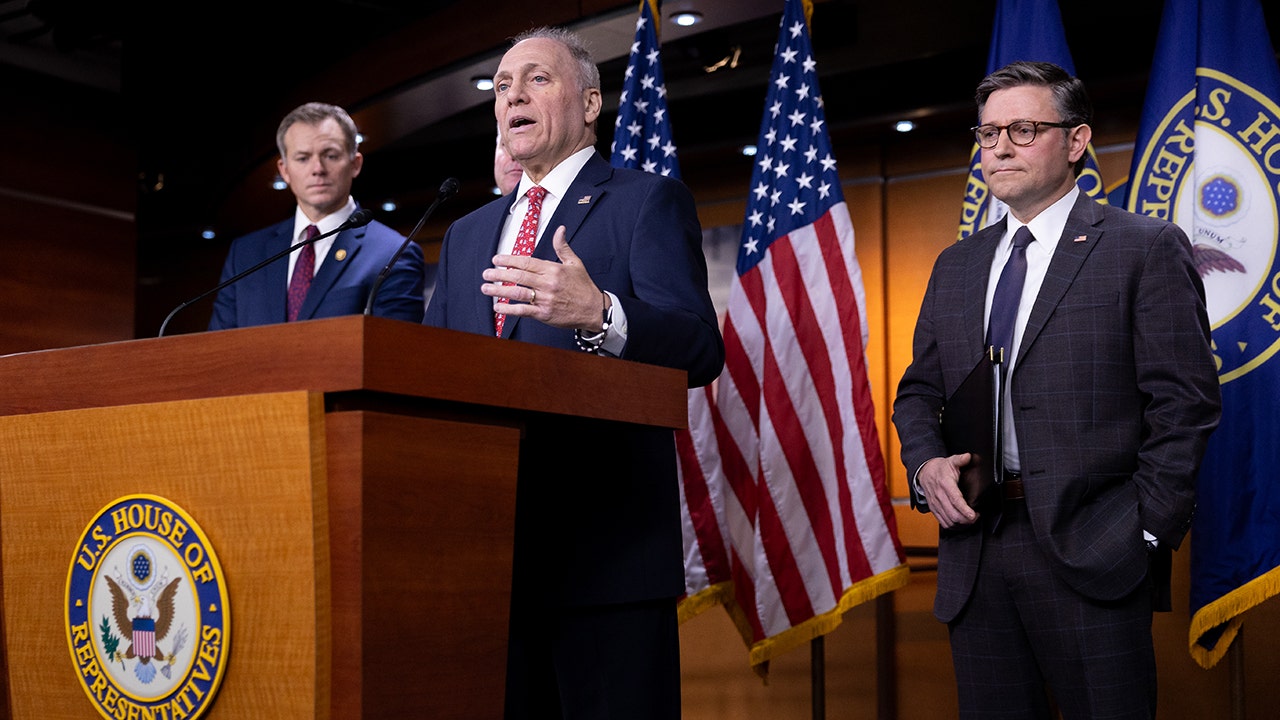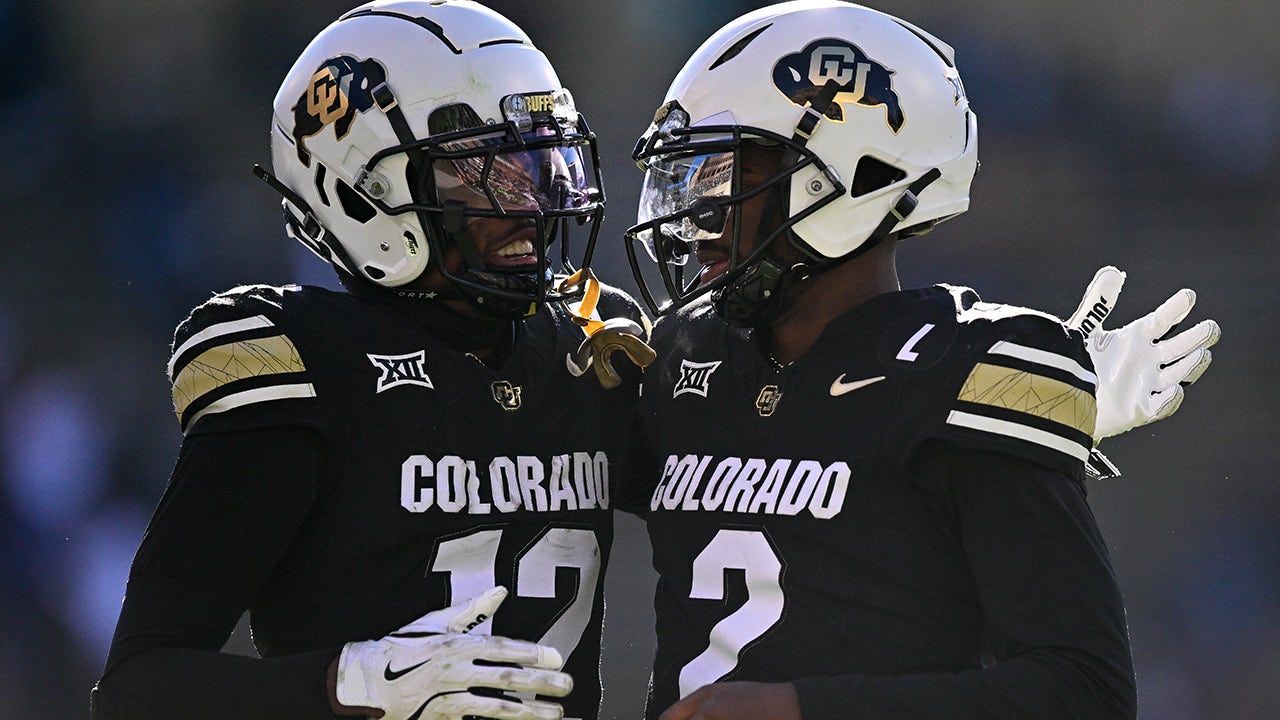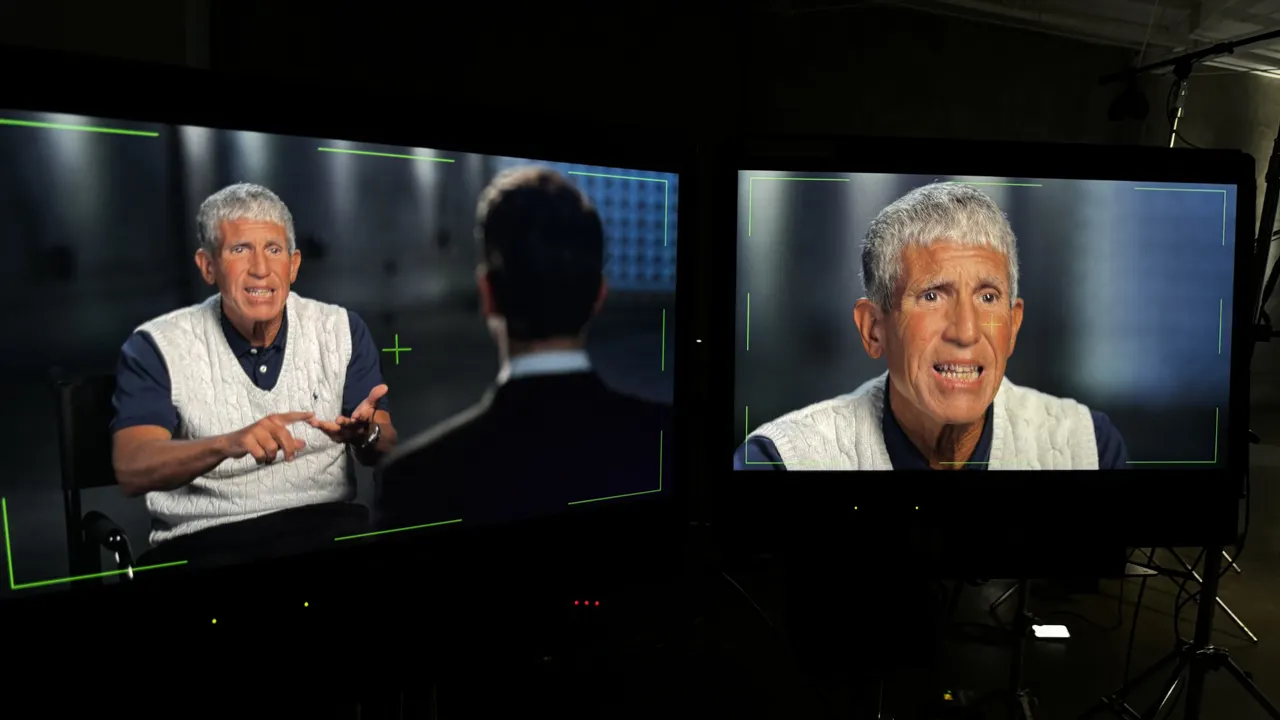EXCLUSIVE — “Everything that the FBI and U.S. attorney and everybody else in the world says I did? I did it,” 64-year-old Rick Singer told Fox News in his first-ever interview about his sensational “Varsity Blues” college admissions scandal.
Not long ago, Singer was one of the most talked about and controversial men in the country. Today, he’s quietly living at a halfway house in Los Angeles, where he expects to finish out the rest of his 42-month sentence after pleading guilty in 2019 to racketeering, money laundering and obstruction charges.
Singer says he’s able to leave the halfway house most days for a job with a restaurant group.
“I’m the guy that’s hiding in plain sight. Nobody even knows who I am,” Singer told Fox in an exclusive sit-down interview in Los Angeles. “Now, somebody may recognize me, and I can hear people talking. But nobody cares.”
COLLEGE ADMISSIONS EXPERT SENDS SHOCKING MESSAGE ABOUT IVY LEAGUE PRESTIGE: ‘IS IT WORTH THE INVESTMENT?’
Singer’s charity, the Key Worldwide Foundation, billed as a way to help disadvantaged kids, took in at least $25 million in what Singer calls “donations” from celebrities like actresses Felicity Huffman and Lori Loughlin, with the expectation Singer would work his magic to get their kids into elite colleges.
Huffman pleaded guilty for her role in the crimes and served eleven days of a two-week sentence in a California federal prison. Loughlin pleaded guilty and also served two months in a federal lockup in California.
Federal prosecutors say the donations were bribes and conducted an extensive undercover investigation dubbed “Varsity Blues” to bust Singer and his accomplices.
According to research conducted by Fox News, at least 50 people had pleaded guilty or been convicted in the college admission scandal as of October 2023.
“I want to apologize profusely to all of the families that I’ve hurt, all the kids that I hurt. The administrators that I hurt. My own family,” Singer said in an exclusive sit-down interview in Los Angeles.
Singer’s elaborate scheme centered around creating falsified and embellished college student applications complete with fake test scores, athletic experience and doctored photos. Singer recruited a network of university coaches and administrators to help him perfect the fake applications, and they accepted Singer’s money in what he refers to as “side-door” deals.
When the news first broke of Singer’s scheme, the country erupted. Parents and critics alleged Singer robbed a countless number of students of their hard-earned, warranted spots in some of America’s best colleges and universities, like Georgetown, the University of Southern California and Yale University.
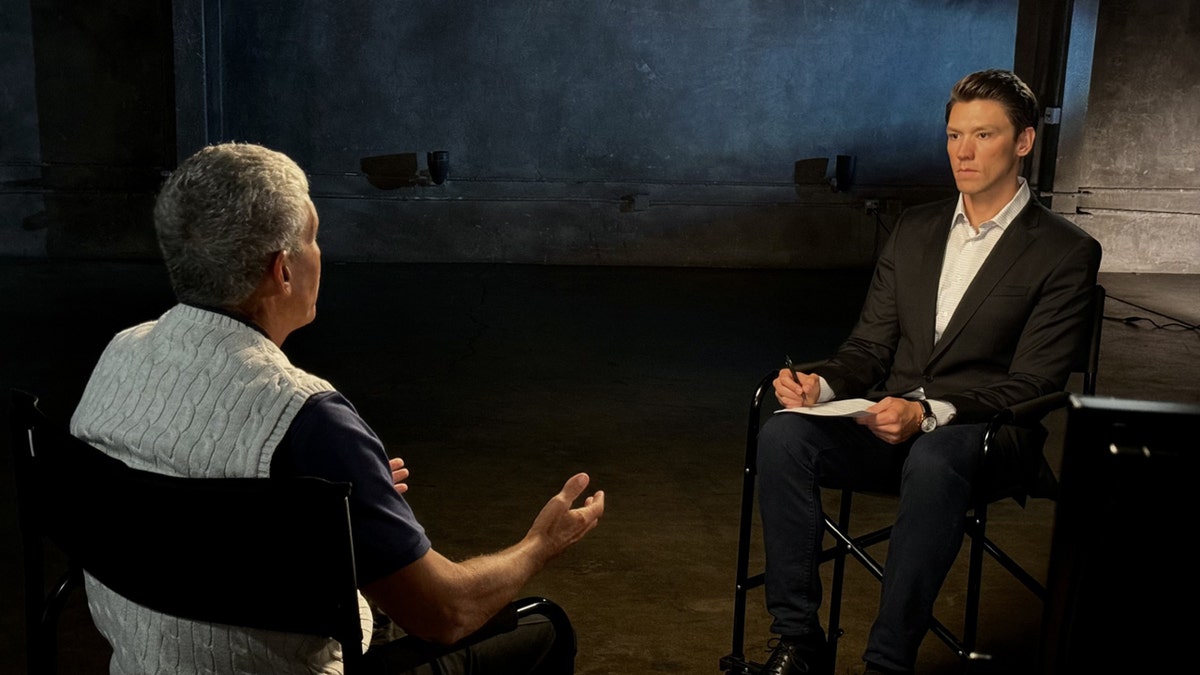
Singer’s scandal became a monstrous media sensation, sparking months of news coverage, books, TV specials and a Netflix documentary that featured authentic recorded conversations between Singer and his clients.
Despite the blowback and outrage, Singer, now a convicted felon, insists he never took a spot from a deserving student. Instead, he claims, his scheme exposed a budget tactic that higher education institutions rely on — blocking off certain “spots” on sports teams and within departments from everyday applicants and setting them aside for big donors willing to pay for a student’s entry.
WHO IS WILLIAM RICK SINGER, THE COLLEGE ADMISSIONS CHEATING SCANDAL’S ALLEGED RINGLEADER?
“In 90% of the cases, the coaches every year are calling me saying, ‘I got a spot open. I need to raise this amount of money. … Find me a family,’” Singer said.
When asked specifically how he did the most harm, he said it was ruining people’s names.
“The biggest thing is reputation … that they worked so hard to create and build and be great people,” Singer said.
Singer acknowledges his crimes, admitting he considers the test cheating the most brazen part. But he says the college admissions offices have not faced the same intense scrutiny.
“The media missed that the colleges, they’re my partner in this. It takes two parties to play,” Singer said.
Fox News reached out to the three schools Singer alleges he partnered with the most — the University of Southern California, Georgetown and Yale. So far, Yale responded and has declined to comment.

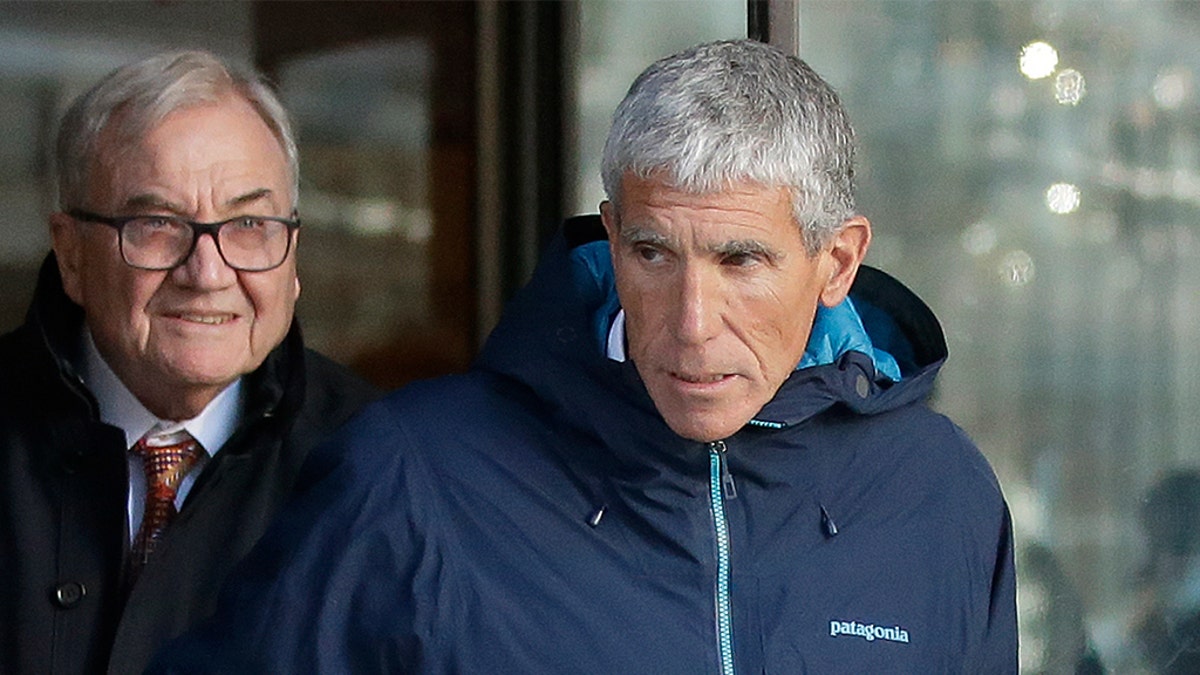
Singer told Fox he believes he seized on one of the three ways a student can get into college.
They can get in through the “front door” with legitimate merit and grades, through the “backdoor” when a family publicly donates massive amounts of money to a university or campus or through a “side door.”
Singer says he mastered the side-door method by crafting fraudulent student applications and paying off people on the inside at a university.
“This has been going on for hundreds of years. I am not that smart to make up this process,” Singer said.
The former basketball coach says he thinks his side-door deals were targeted because they were done in private, yet he questions why the major backdoor donations often given in public with the expectation of favors are viewed as acceptable.
Singer told Fox his scheme began in part with a student from Vancouver. Singer describes the student as intelligent but a poor test taker. So, Singer enlisted the help of Mark Riddell, which Singer says he now feels badly about, by convincing him with $10,000 to fake the Vancouver student’s final test score. Ridell went on to to become a key player in Singer’s scheme and was also convicted.
OPINION: COLLEGE ADMISSIONS ARE FACING A CHEATING EPIDEMIC. COLLEGES SHOULD DO MORE TO GUARD AGAINST FRAUD
“What I can absolutely tell you, what I did do that was illegal, was cheating on tests,” Singer said.
Singer did not reveal entirely how the first test was cheated, but he said it involved a fake ID and described that first run as a satisfying, cinematic-like heist that paved the way for the future of his misdeeds.
Singer, who considers himself a lifelong “coach,” says aside from his side-door deals, he was also always running a legitimate college coaching business he claims has helped hundreds of students get into college. Singer says business moguls and Hollywood A-listers have used his legitimate college counseling for their children.
Prior to his time in the halfway house, Singer says he spent 16 months at a federal prison camp in Pensacola. Singer says he’s made friends while being incarcerated, many of whom he says were locked up for fraudulent COVID-era PPE crimes. Singer claims he’s hardly ever eaten a prison-issued meal. Instead, he tries to find healthy grocery items to create his own meals.
Singer says he now wants to revolutionize college admissions and education with his new company called ID Future stars, which he says will legally re-start his college counseling business with no grey area. He says he’s also launching a company called Are You The One which will test students to figure out their IQ and competitive edge to figure out where they fit into the work force without going to college.
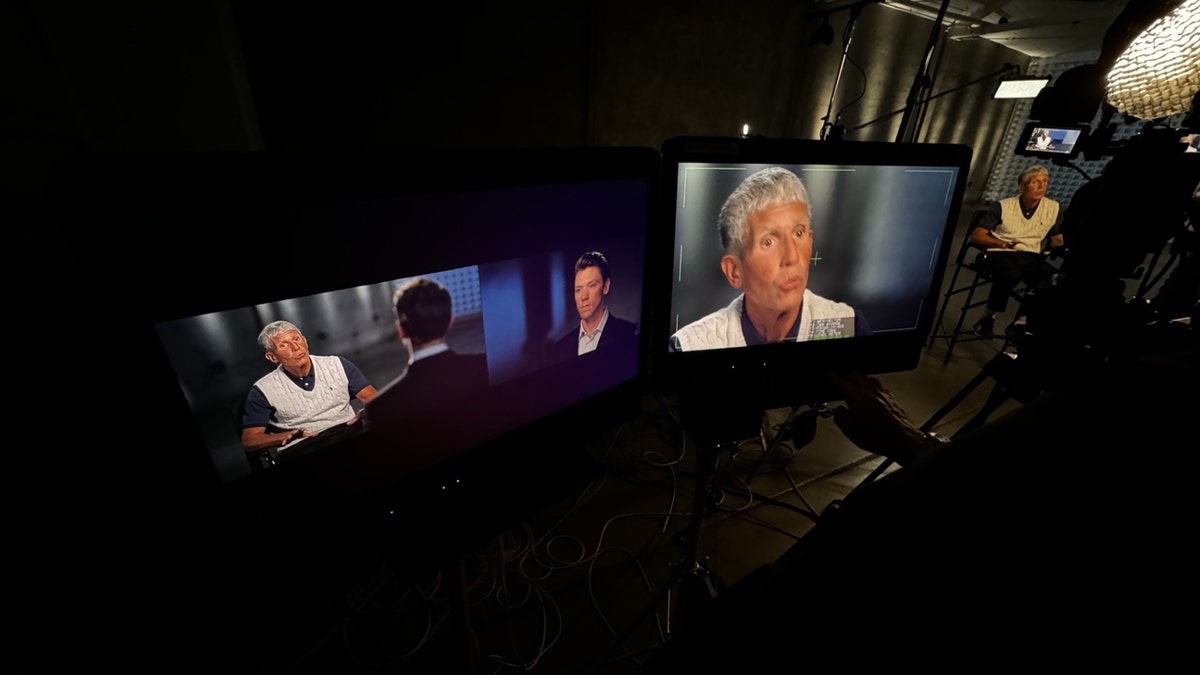
“We have a notion that everybody needs to go to college, and it’s the right place to be for everybody. And ‘you have to go to certain schools to be successful.’ And that’s not the truth based on tens of thousands of kids I’ve worked with,” Singer said.
Singer also says he thinks experienced mothers who want to return to the workforce are a hidden source of reliable employees who have not been tapped into.
Singer insists everything he does moving forward will be done legally and with the review of attorneys, something he admits he wishes he had done all along. Singer claims he’s built such a revered name in the admissions world that parents are still reaching out to him for coaching and were doing so even during his trial.
“I walk out of the court — out of the court — and I show my attorney my phone. There’s 93 texts: “Are you still coming over next week?”
Singer admits the clock may never run out on unlawful college admissions in the United States.
Asked if he thinks the college admissions system can still be gamed and if it’s still being gamed today, Singer replied, “Every day.”
Read the full article here


